Fertilizers play a crucial role in farming by providing essential nutrients to plants. However, not all fertilizers are created equal. Many chemical fertilizers can harm the environment and even affect the quality of crops.
In contrast, natural fertilizers are safer, more sustainable, and can improve crop growth without harming the soil or ecosystem.
In this post, we’ll explore different types of natural fertilizers, how they work, and how they can benefit your farm.
Table of Contents
ToggleWhat Are Natural Fertilizers?
Natural fertilizers come from organic sources like plants, animals, and minerals. They provide nutrients in their natural form without the need for harmful chemicals.
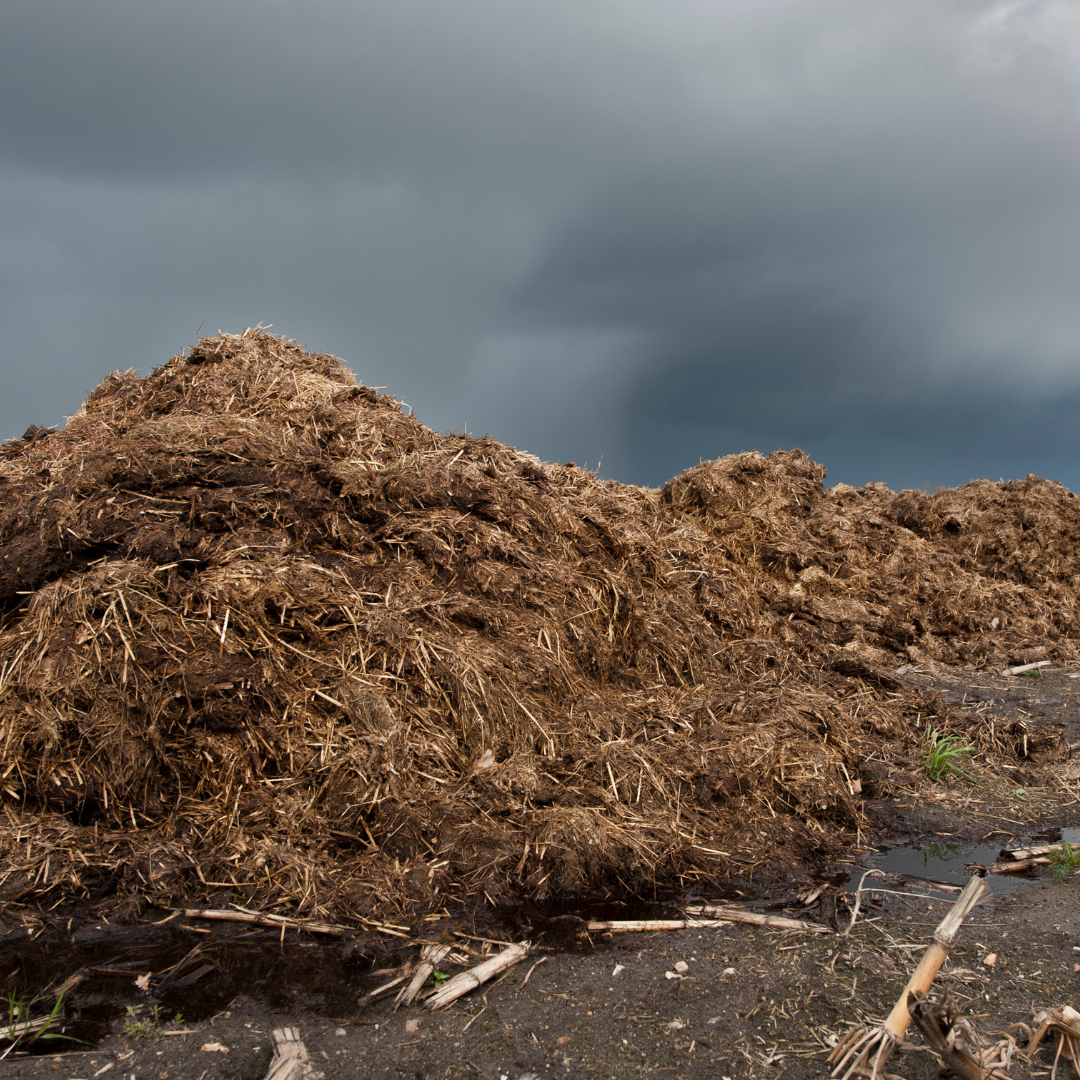
These fertilizers release nutrients slowly, allowing plants to absorb them over time. This slow release helps improve soil structure, retain moisture, and encourage healthy plant growth.
Benefits of Using Natural Fertilizers
- Improves Soil Health: Natural fertilizers add organic matter to the soil, which enhances its structure and increases water retention.
- Environmentally Friendly: These fertilizers are biodegradable and do not contaminate water sources or harm wildlife.
- Sustainable Farming: Using natural fertilizers reduces the need for chemical inputs, making farming more sustainable in the long run.
- Promotes Microbial Activity: Natural fertilizers stimulate the growth of beneficial microbes in the soil, which help break down organic matter and make nutrients more available to plants.
Types of Natural Fertilizers
There are several types of natural fertilizers that you can use on your farm. Each type provides different nutrients and benefits depending on your soil and crop needs.
1. Compost
Compost is one of the most popular natural fertilizers. It’s made from decomposed organic materials like food scraps, leaves, and manure.
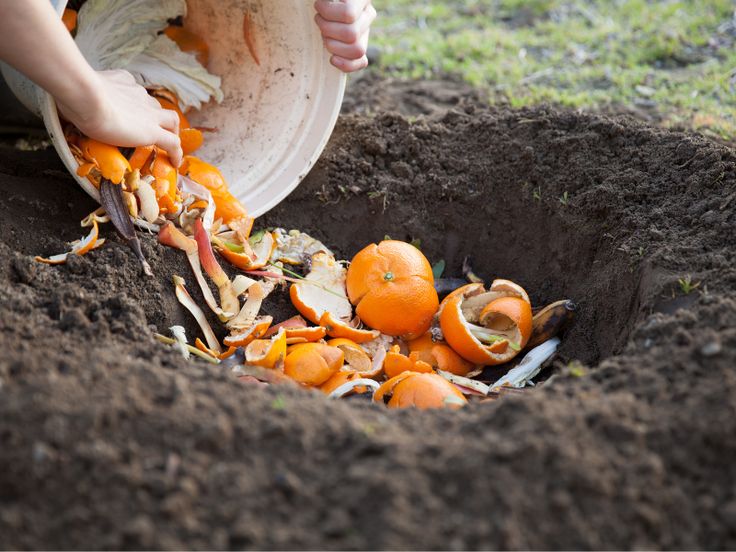
Compost is rich in nutrients like nitrogen, phosphorus, and potassium, which are essential for plant growth. Adding compost to your soil improves its texture and helps retain moisture, reducing the need for frequent watering.
How to Use Compost
- Spread a 2-3 inch layer of compost over your soil before planting.
- Mix the compost into the top few inches of soil to allow nutrients to reach the plant roots.
- Reapply compost every growing season to maintain soil fertility.
2. Manure
Manure is another excellent natural fertilizer that provides a wide range of nutrients. It is the waste produced by animals such as cows.

Manure is high in nitrogen, which helps plants grow strong and green. However, it’s important to age or compost manure before using it, as fresh manure can be too strong and burn plants.
How to Use Manure
- Apply composted or aged manure to the soil in the fall or early spring.
- Spread a layer of manure over your garden beds and till it into the soil.
- Avoid using fresh manure directly on crops, especially leafy greens, to prevent contamination.
3. Green Manure
Green manure refers to plants grown specifically to improve soil health. These plants, like clover, alfalfa, and rye, are grown for a season and then tilled into the soil before they flower.
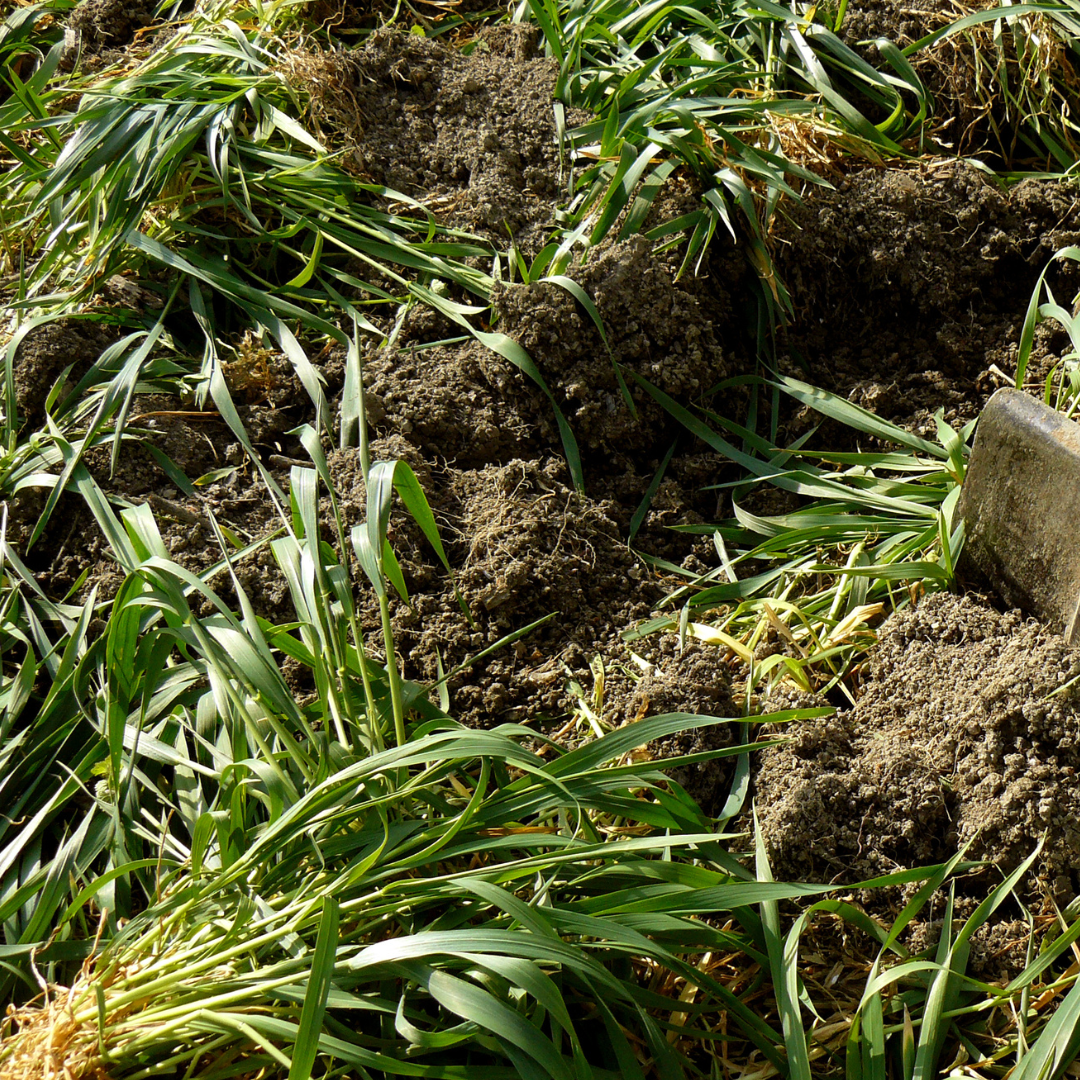
Green manure adds organic matter to the soil and helps fix nitrogen, making it available for the next crop.
How to Use Green Manure
- Plant green manure crops during the off-season or between crop cycles.
- Once the green manure plants reach maturity, cut them down and till them into the soil.
- Wait a few weeks before planting your main crops to allow the green manure to decompose.
6. Wood Ash
Wood ash is a natural byproduct of burning wood and contains potassium and calcium.
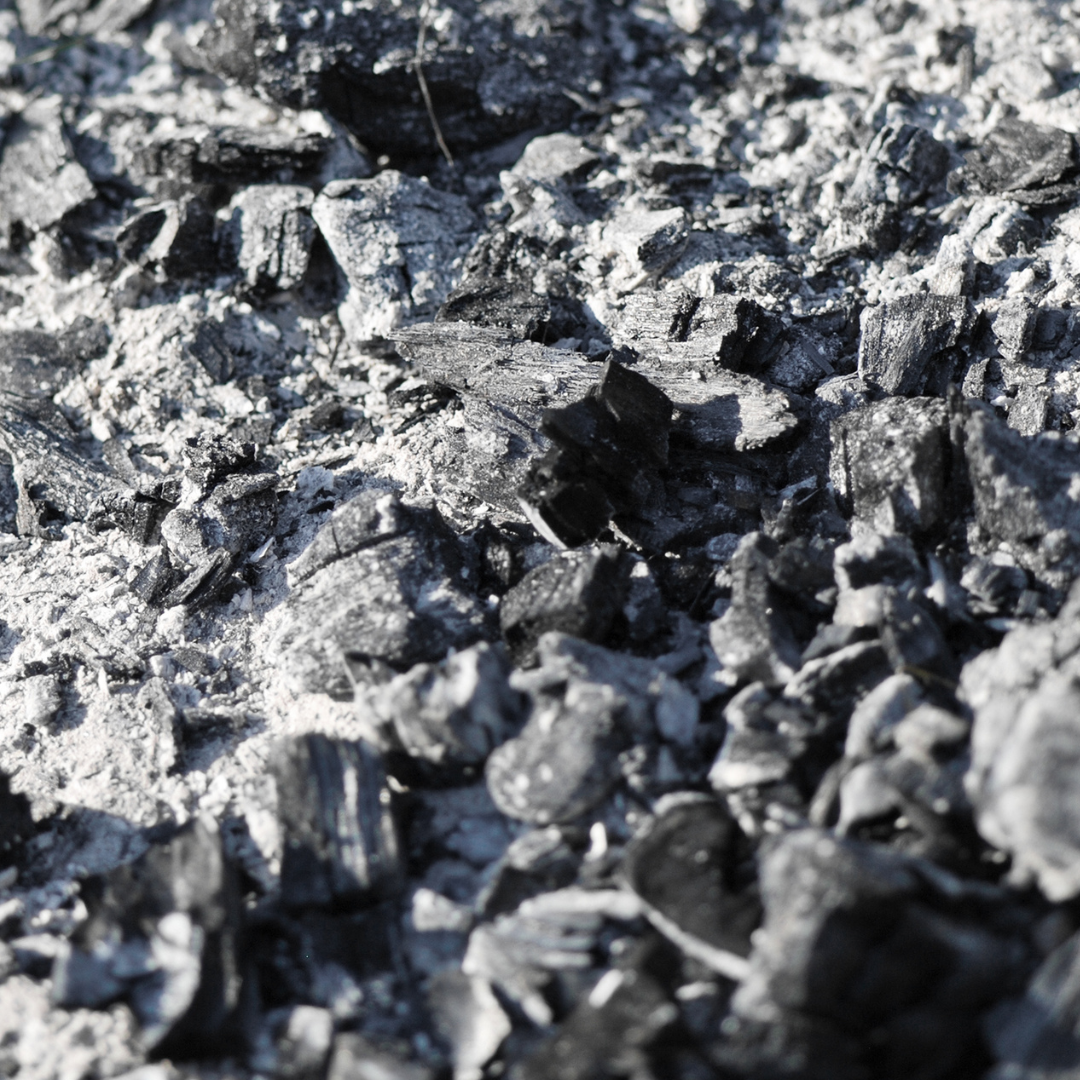
It’s best used to raise the pH of acidic soils. However, be cautious when using wood ash, as it can make the soil too alkaline if applied in excess.
How to Use Wood Ash
- Spread a thin layer of wood ash over your garden soil.
- Mix the ash into the topsoil before planting.
- Use wood ash sparingly and avoid applying it near acid-loving plants like blueberries.
How to Choose the Right Natural Fertilizer
Choosing the right natural fertilizer depends on your soil type and the specific needs of your crops. A soil test can help you determine which nutrients are lacking in your soil. For example:
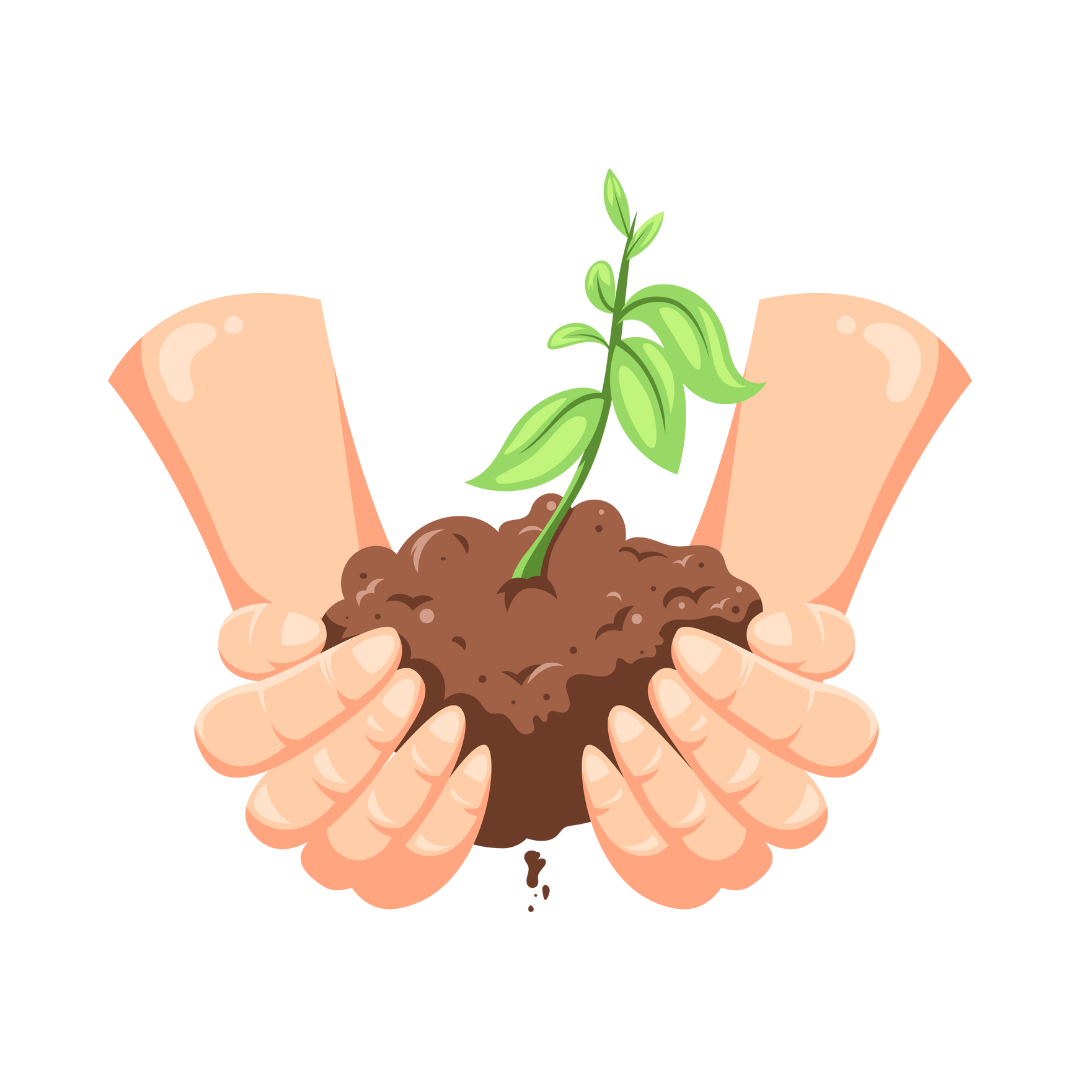
- Nitrogen-deficient soils can benefit from compost, manure, or fish emulsion.
- Phosphorus-deficient soils may need bone meal or compost.
- Potassium-deficient soils can improve with wood ash or compost.
It’s also essential to consider the timing of fertilizer application. Some natural fertilizers, like compost and manure, need time to break down in the soil, so they should be applied several weeks before planting. Others, like fish emulsion and bone meal, can be applied during the growing season for an immediate nutrient boost.
Practical Tips for Using Natural Fertilizers
- Apply regularly: Natural fertilizers release nutrients slowly, so reapply them every growing season to maintain soil health.
- Mix it up: Using a combination of natural fertilizers ensures that your soil gets a balanced supply of nutrients.
- Monitor plant health: Keep an eye on your crops and adjust fertilizer use as needed. Yellowing leaves, stunted growth, or poor yields can indicate nutrient deficiencies.
Conclusion
Natural fertilizers are a fantastic way to improve crop growth while maintaining the health of your soil and the environment.
Whether you use compost, manure, or fish emulsion, these organic options provide essential nutrients in a way that’s sustainable and safe.
By incorporating natural fertilizers into your farming practices, you’ll not only boost your crop yields but also create a healthier, more sustainable future for your farm.

Pingback: Simple Ways to Use Farm Waste for Compost and Fertilizer